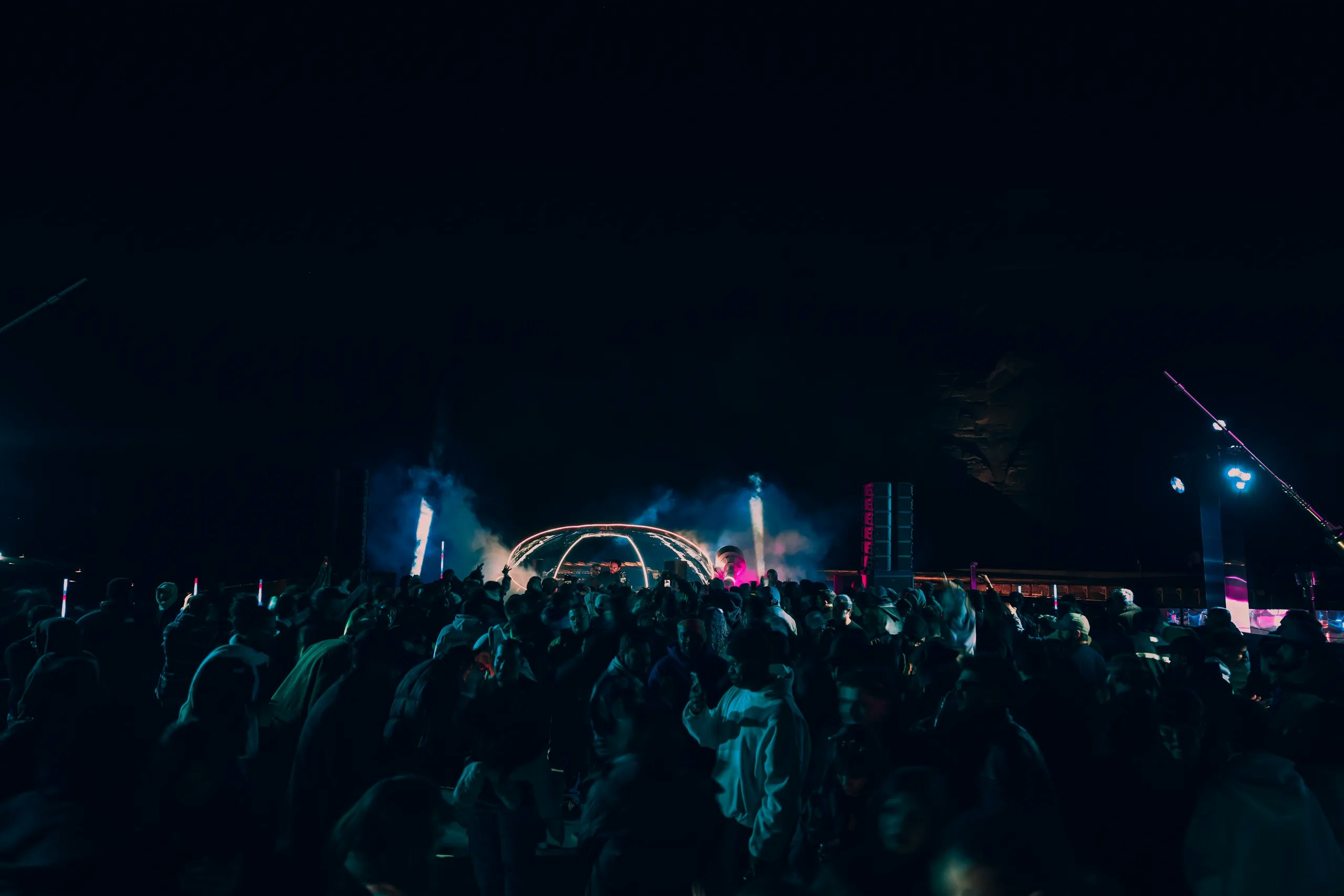

Music and Personal Identity: How Playlists Define Who We Are
By MDLBEAST
January 20 2025
Music and Personal Identity: How Playlists Define Who We Are
By MDLBEAST
January 20 2025
Music has long been intertwined with personal identity. From the songs that resonate with our moods to the melodies that capture specific moments in life, the music we listen to serves as a reflection of who we are. In the age of digital streaming, where personalized playlists are crafted with precision, music is becoming an even more direct expression of our inner world. Playlists, in particular, have evolved beyond mere collections of songs; they serve as windows into our personal stories, preferences, and evolving identities.
The Emotional Connection Between Music and Identity
At its core, music is deeply emotional. The rhythms, melodies, and lyrics we are drawn to often mirror our emotions or help us navigate them. Whether it's a playlist filled with energetic tracks for a workout session or slow, melancholic tunes to accompany a moment of reflection, each song choice reflects a facet of our emotional landscape. Our playlists, in turn, reveal how we cope with emotions, make sense of our inner world, and express feelings that might be difficult to articulate otherwise.
For many people, music is an essential tool for emotional regulation. Research has shown that listening to music can reduce stress, improve mood, and even increase self-awareness. The music we curate for ourselves, whether consciously or unconsciously, becomes part of our emotional toolkit, shaping how we experience the world.
Personal Playlists: A Soundtrack of Identity
With the rise of streaming platforms like Spotify, Apple Music, and YouTube, personalized playlists have become central to how we experience music. These platforms often suggest songs based on our listening history, helping us create playlists that are finely tuned to our preferences. But beyond the algorithms, the act of creating a playlist is a deeply personal endeavor. It allows us to curate our identities, expressing who we are in ways words might fail to capture.
Our playlists often serve different purposes depending on our social or emotional context. A playlist for a road trip with friends might contain upbeat, energetic songs that evoke a sense of freedom, while a playlist for studying could be filled with calming instrumental pieces. Each playlist tells a story—a reflection of our interests, experiences, and moods at different moments in time.
These collections of songs also become markers of personal evolution. The playlist you loved in high school likely differs from the one you cherish today, revealing how your tastes and identity have changed over the years. In this sense, playlists are not static; they grow, shift, and transform just as we do.
Cultural Identity and Music Choices
Music also plays a significant role in shaping and expressing cultural identity. Different genres and musical traditions often serve as a bridge between an individual and their cultural roots. A person who grew up listening to traditional Arabic music, for instance, may create a playlist that blends these sounds with contemporary genres, reflecting both their heritage and their modern preferences.
Similarly, music can be a form of rebellion or a way of aligning with particular cultural or social movements. The punk rock playlists of the 1970s, for example, became a rallying cry for individuals expressing dissatisfaction with mainstream culture. Hip-hop playlists often carry messages of resistance and empowerment, allowing individuals to connect with a larger socio-political narrative.
For those living in multicultural societies or navigating diasporic identities, music can be a powerful way to navigate multiple cultural worlds. By blending genres, artists, and languages, individuals create playlists that reflect a hybrid identity, showing how personal and cultural identities are intertwined through music.
Playlists as Social Identity Markers
While playlists often start as a personal expression, they also play a significant role in social identity. In many ways, the music we listen to becomes a way to communicate who we are to others. Shared playlists among friends, for instance, become a form of social bonding, signaling shared experiences, values, or emotions. In the same way, creating or sharing playlists for specific events helps solidify social connections.
Moreover, in the digital age, playlists are often shared publicly on social platforms, allowing others a glimpse into our musical world. These shared playlists act as an introduction, letting others know more about our personality, interests, and even our social affiliations. Certain genres or artists might connect us with particular communities, further shaping how we are perceived in social spaces. For example, sharing a playlist of underground indie tracks might signal a preference for alternative culture, while a curated list of classical pieces might indicate an affinity for traditional or sophisticated art forms.
-
Explore the electrifying world of music at MDLBEAST’s Soundstorm festival, where innovation meets unforgettable live performances. Don’t miss the experience!
Share this


